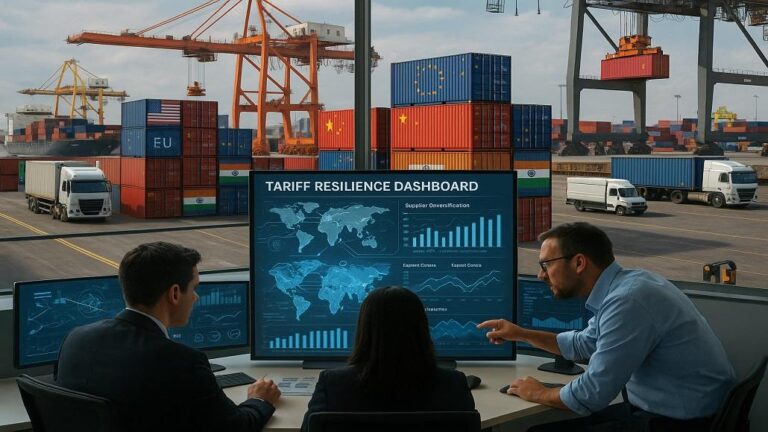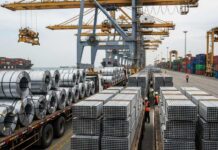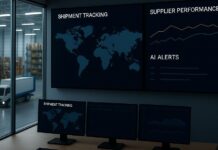
This podcast discusses how supply chain tariffs, such as recent announcements by US President Trump on imports from key trading partners, create significant uncertainty and disruption risk. Companies must take multifaceted measures to properly deal with these disturbances and achieve resilience.
Listen to the Podcast:
The following are some of the most important points regarding how companies can steer clear of supply chain tariff disruptions:
-
Assess supplier exposure and options
Companies need to develop a review of their base of suppliers by geography, costs, and risks, as well as alternative suppliers in the form of domestic or nearshore partners that limit tariff exposures and geopolitical risks while ensuring cost-effectiveness.
-
Consistent scenario tracking
Tariffs create retaliation and further uncertainty. Specialised teams using digital end-to-end tracking and generative AI can monitor risks continually, to analyse alternative tariff enforcement scenarios, to inform procurement-related decisions.
-
Plan for cost increases
Supply chain tariffs and their secondary implications (e.g., rising energy bills) typically increase costs. Procurement managers would do well to collaborate with financial teams to institute cost controls, request supplier consolidations to get bulk discounts, and diversify vendors to mitigate risk.
-
Use technology for contingency planning
GenAI-driven procurement systems can quickly simulate the supply chain tariffs’ effect on suppliers, predict cost volatility, and recommend risk-reducing strategies. Companies are then better able to negotiate contracts and source ahead of time.
-
Optimize inventory management
By utilizing AI for demand forecasting, firms can better optimize their safety stock levels. This capability can also be used to increase buffer inventory for higher-tariff items while striking a balance between resilience and cost.
-
Explore new supplier payment terms
Engage suppliers on payment arrangements to reduce transition costs and build long-term supply chain resilience beyond tariffs.
In summary, the podcast states that supply chain tariffs disruption management requires a mixture of supplier strategy assessment, continuous risk assessment, cost management, technological enablement, inventory management, and supplier contact. AI and GenAI technologies are critical enablers as they facilitate fast data-driven analysis and scenario modeling that allow procurement and supply chain professionals to continuously change their decisions based on data, resolving global trade uncertainties in a resilient and flexible manner.
Download Podcast:
You can download the podcast directly
Additional Resources:
For more details on Navigating Supply Chain Tariffs for Resilience, check out the original article:
6 Ways Supply Chain Tariffs Can Skip Potential Disruptions by Supply Chain Informs.






























